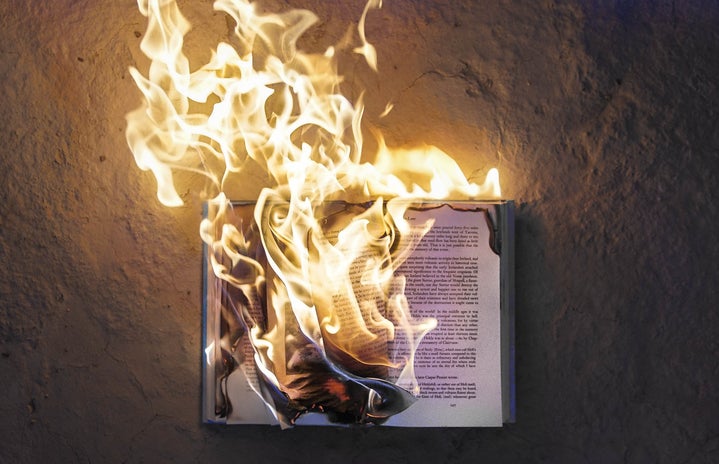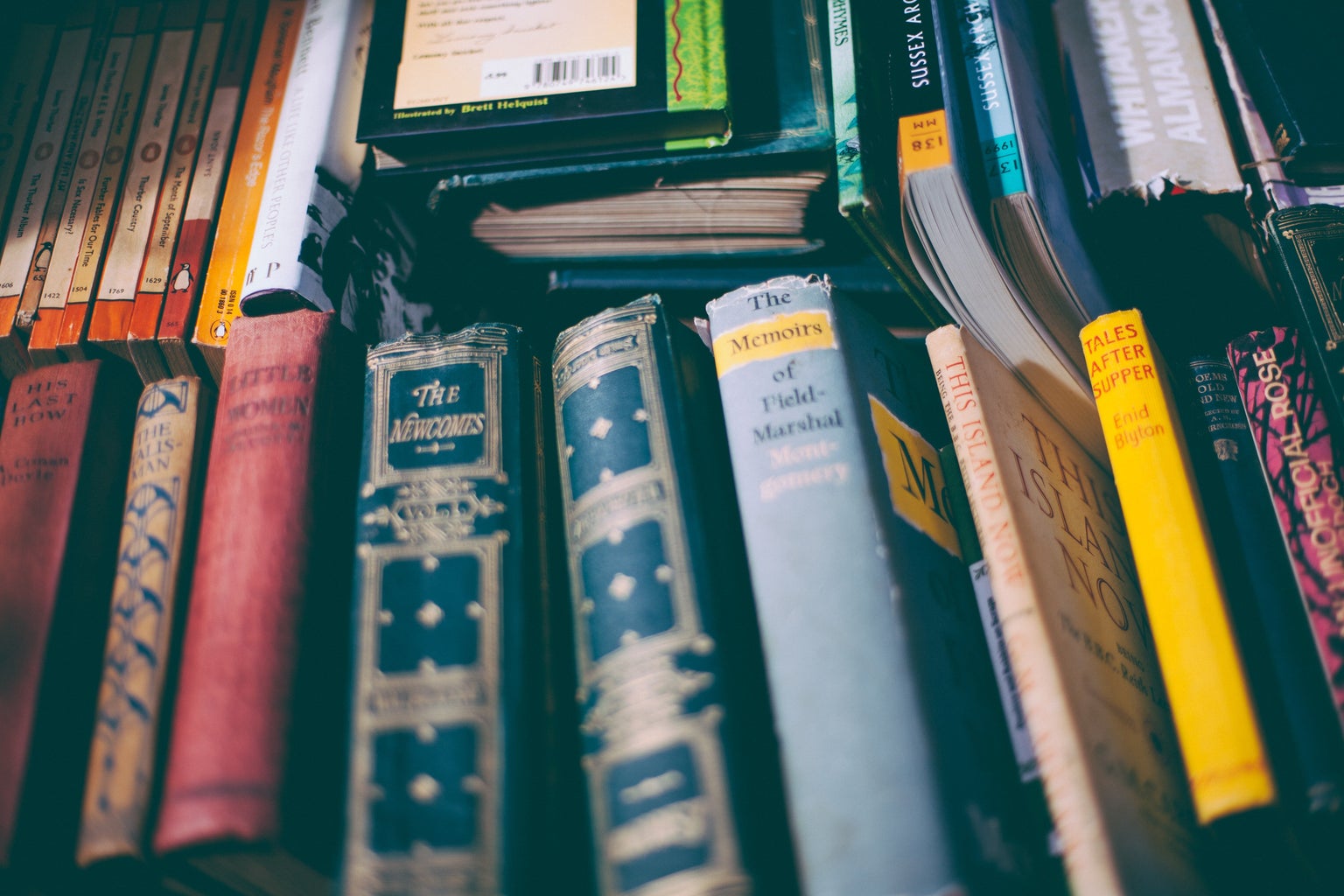What are banned books?:
- Why are they banned books? Do they include offensive topics? To whom are these topics offensive? These are all great questions to ask when it comes to South Carolina’s banned book list. Books that are banned within the American school system and curricula are banned with one real intention. That intention is CENSORSHIP, or the blocking of ideas within literature that might be too complex with graphic violence, maternal and paternal disrespect, sexually explicit content, evils, lack of literary merit, and/or it is unsuitable for a specific age group.
- However, what does it mean to “ban” a book?
Why Book Ban?
- Challenge vs. Ban: A book challenge acts as an attempt to remove or restrict a piece of literature, while a book ban is the removal of materials completely.
- “Advocates for banning a book or certain books fear that children will be swayed by its contents, which they regard as potentially dangerous. They commonly fear that these publications will present ideas, raise questions, and incite critical inquiry among children that parents, political groups, or religious organizations are not ready to address or that they find inappropriate” (Webb 2023).
- Who combats book bans?: The Office of Intellectual Freedom(OIF) stands against book banning by utilizing the Library Bill of Rights (ALA). They determine whether a book ban is ethical and/or does not stand against the 1st amendment.
“It’s not just the books under fire now that worry me. It is the books that will never be written. The books that will never be read. And all due to the fear of censorship. As always, young readers will be the real losers.”
– Judy Blume
books Under Fire:
Banned Books in SC:
- The Grapes of Wrath: John Steinback
+ foul language, religious themes, sexual overtones, and communist implications
- The Catcher in the Rye: J.D. Salinger
+ excessive vulgar language, sexual scenes, and things concerning moral issues
- Beloved/The Bluest Eye: Toni Morrison
+ deals with the harsh realities of slavery and racism through graphic imagery of violence and death
- Stamped: Racism, Antiracism, and You: Ibram X. Kendi
+ because of author’s public statements, and because of claims that the book contains ‘selective storytelling incidents’ and does not encompass racism against all people (OIF)
- Felix Ever After: Kacen Callender
+ account of a trans youth finding their identity; LGBT, queer, sexual expression
- The Poet X: Elizabeth Acevedo
+ “anti-christian narrative”; questions religion and faith
- Brave New World: Aldous Huxley
+ deals with absence of familial values, religious questioning, and sexual references
“If there is a bedrock principle underlying the First Amendment, it is that the Government may not prohibit the expression of an idea simply because society finds the idea itself offensive or disagreeable.”
– Texas vs. Johnson: Justice William J. Brennan Jr.
What Can We Do?:
- With censorship, there is hardly a positive and the HARM outweighs the good, and censorship is often the unpopular vote.
- Teachers grow unsure of what they can say in a classroom. Writers question whether they should write about a certain topic for fear of becoming a target.
- Check out more banned books! Read freely, and with intentions to learn.
- Show up to local libraries and submit titles for collections, as requesting allows for the materials to be shown as desired and generates a paper trail.
- Libraries, schools, bookstores and literary communities are celebrating the freedom to read across the world. See a schedule of events on the Banned Books Week Calender.
- Finally, vote in local elections. Your voice MATTERS.



